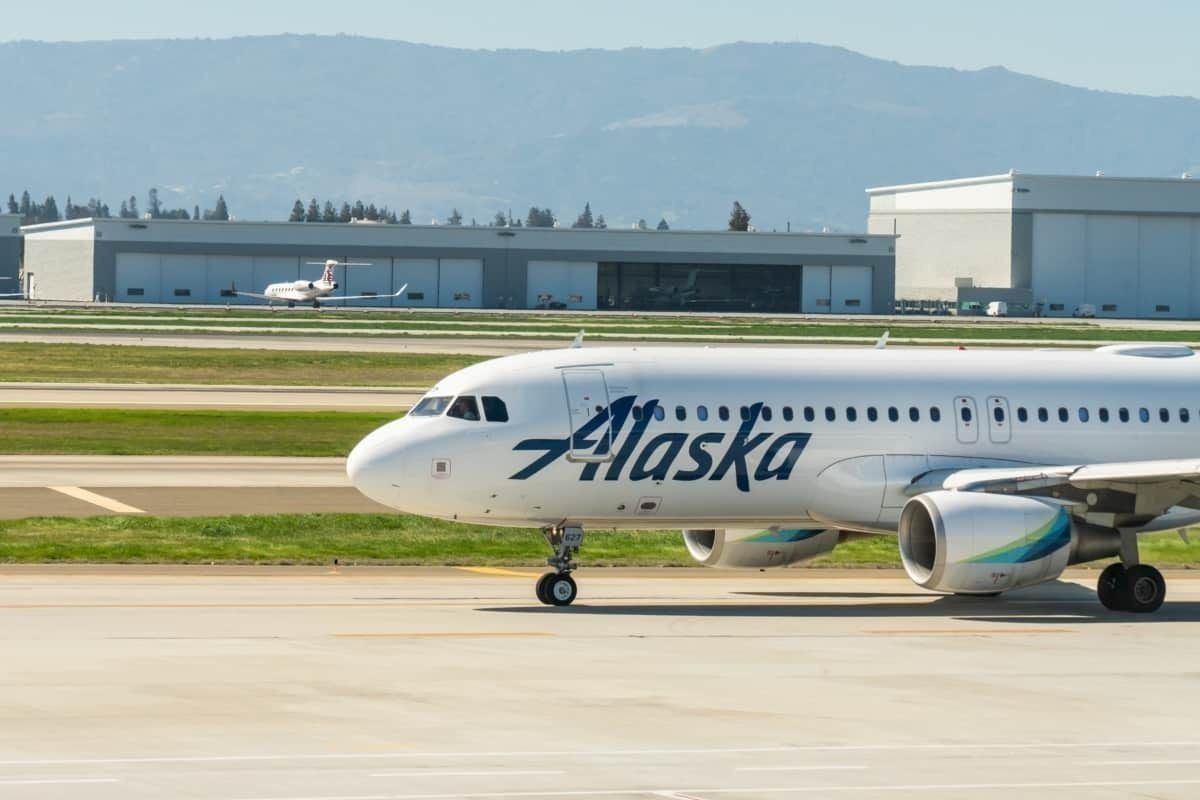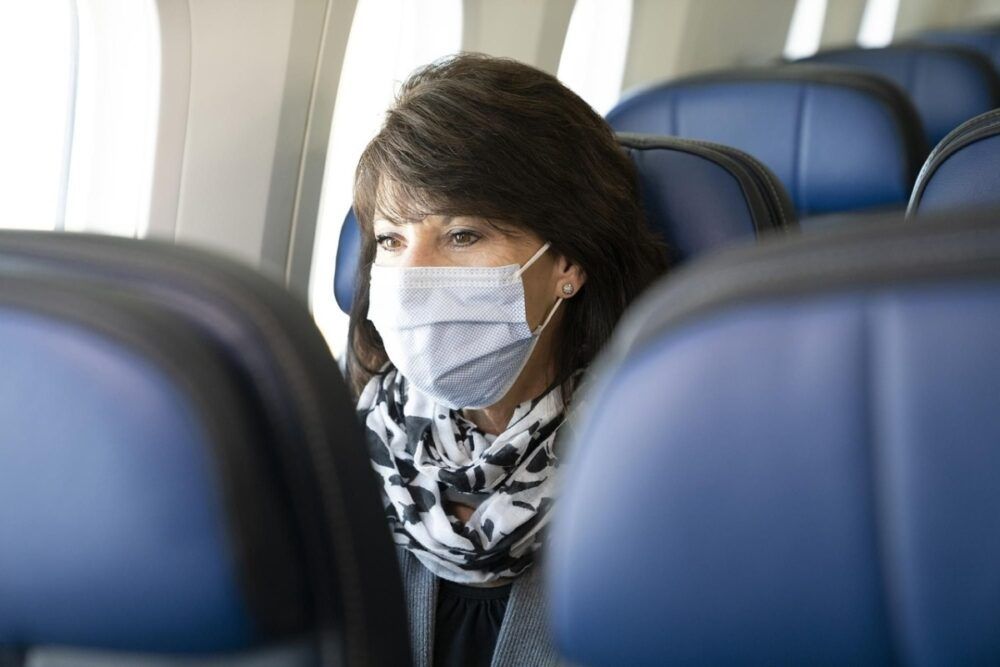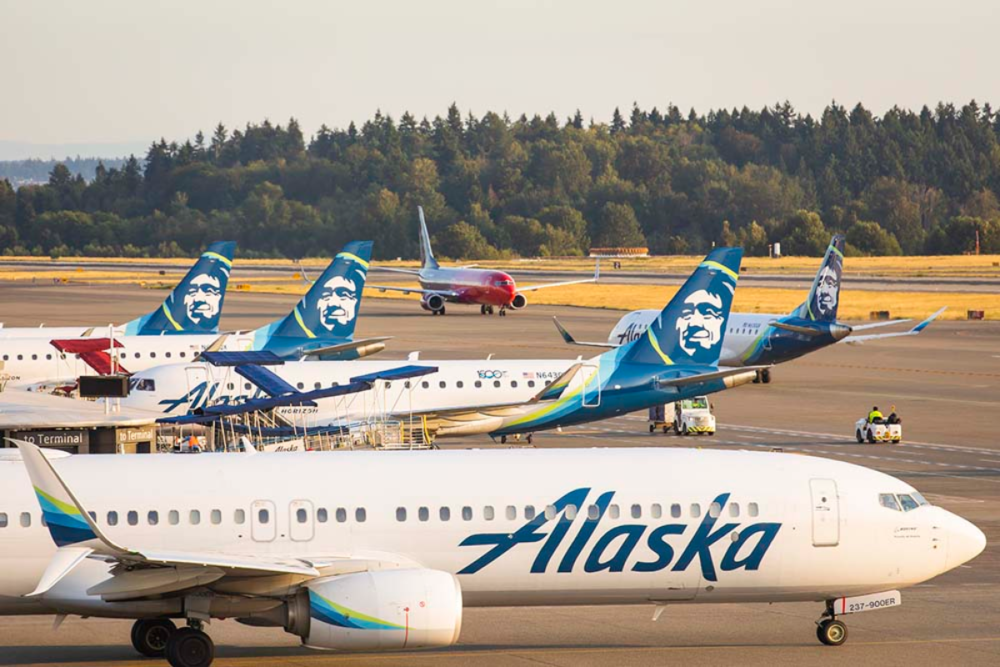A hot topic for debate throughout the COVID crisis has been what effect this situation will have on air fares? Many believe that all the extra costs involved with providing a safer passenger environment, coupled with the sizeable loans airlines need to pay back, will cause prices to rise. However, Alaska Airlines CEO Brad Tilden doesn't think so and says that what he sees right now is actually quite the opposite.
What will happen to post-COVID air fares?
One of the biggest questions throughout the COVID crisis has been how the aviation industry will look going forward. In particular, passengers have been curious to know what effect the pandemic will have on air fares in the future.
Many of the measures being implemented by airlines will be at the cost of slick operations – longer turnaround times, more cleaning crews and products, PPE for passengers, and crew, to name just a few. Added to this, airlines have months of low or no operations to make up for, with many facing the prospect of paying back large loans and having to support a workforce that's somewhat bigger than it needs to be.
Stay informed: Sign up for our daily aviation news digest.
All signals would point towards air fares going up. However, when we heard from JetBlue COO Joanna Geraghty last month, she didn't think they would. Now, she's been joined by another airline CEO in this notion. Alaska Airlines CEO Brad Tilden spoke about fares in an interview with Aviation Week, saying that he actually thinks they will go down. He said,
"I think they're going to be lower for this year. Not a ton lower, but lower year-on-year.
"The economics of supply and demand is that airlines are all taking capacity out of the system. The question is, are they going to take enough out? Nobody wants to lay off employees, and so if there are more seats flying around than demand, the economics says fares are going to come down a bit. I hope it's a bit - I hope it's not a ton - and that's honestly what we're seeing so far. But we'll see as we move forward."
He makes a good point. Balancing supply and demand is going to be tricky for airlines as we come out of the other side of this crisis. If more seats are flying than people, ticket prices are going to become highly competitive, at least in the short term. Longer-term, when airlines get to grips with the demand that exists, this trend may reverse. Flying this year, for those brave enough to try it, could turn out to be a bargain.
What could make fares increase?
With so many unknowns surrounding the industry right now, Tilden's prediction could be scuppered if things do not proceed as expected. One of the biggest risks to air fares remains the middle seat block, as Tilden explained,
"We are blocking the middle seat through to the end of July, and then we are capping loads at different levels depending on the flight … In terms of blocking middle seats forever, I think what that really means for the industry is fares will have to go up a lot, and I think probably every airline is trying to find the right balance."
The economics of blocking the middle seat are clear to see. Airlines cannot sustain their businesses if they continue to leave one-third of the aircraft unsold. For now, it's seen as a positive step to getting people back on the plane, but longer-term, it could cause air fares to spike.
Other factors, such as a second wave of COVID outbreaks and further lockdowns, could also cause problems for airlines. Over in Europe, where barely any flights were operating at all during the worst of the pandemic, those services which did run were being sold at far higher prices than would typically be expected.
For Alaska, the focus is still on providing the best service at a fair price. Tilden thinks that the structure of his airline puts them in a strong position to recover from the crisis. He said,
"Our cost structure's lower, and our fares are materially lower than the big three airlines, so I think all of those things are going to serve us really, really well as we make our way through this process."
What do you think will happen to air fares post-COVID? Let us know in the comments.



